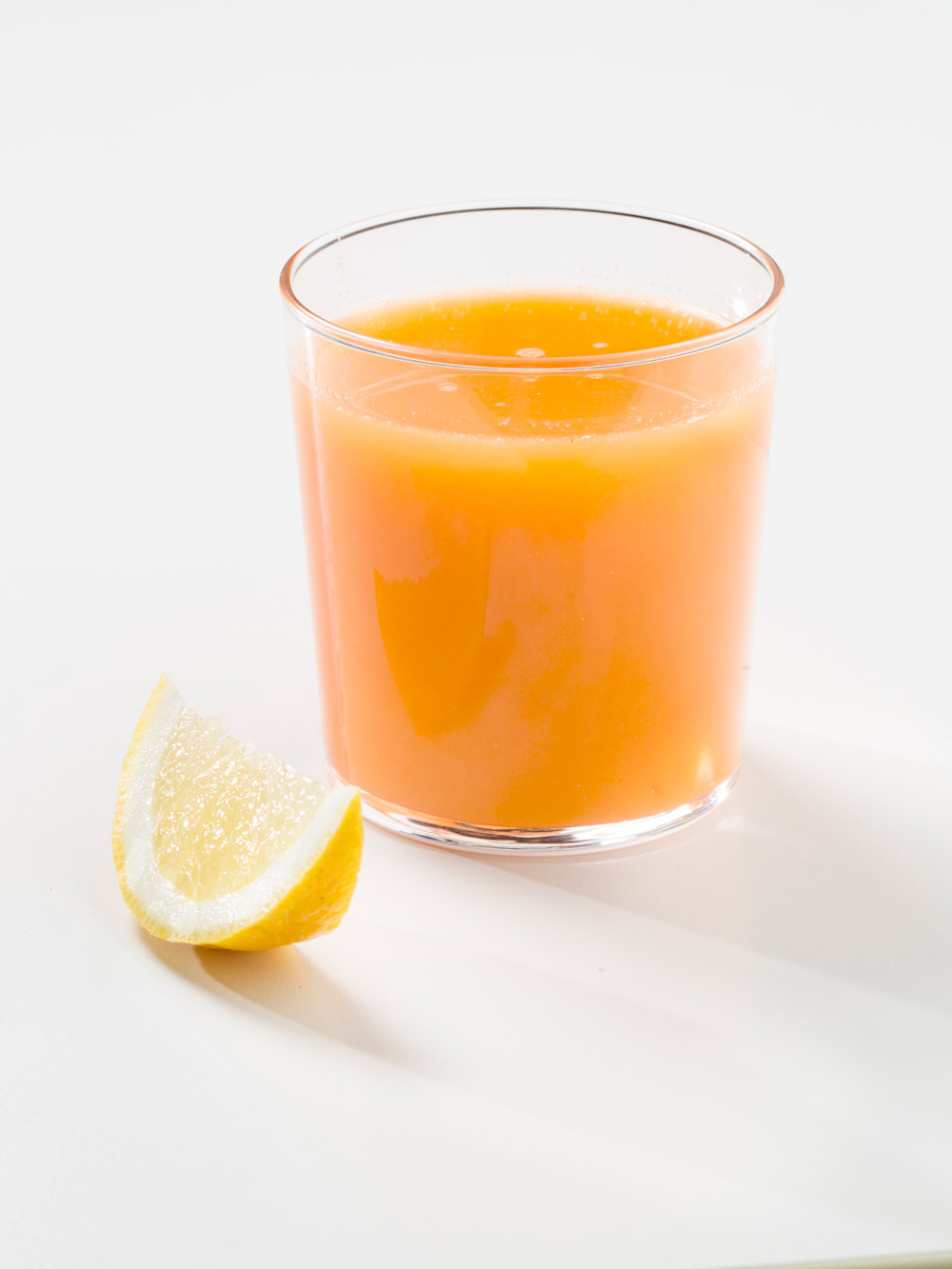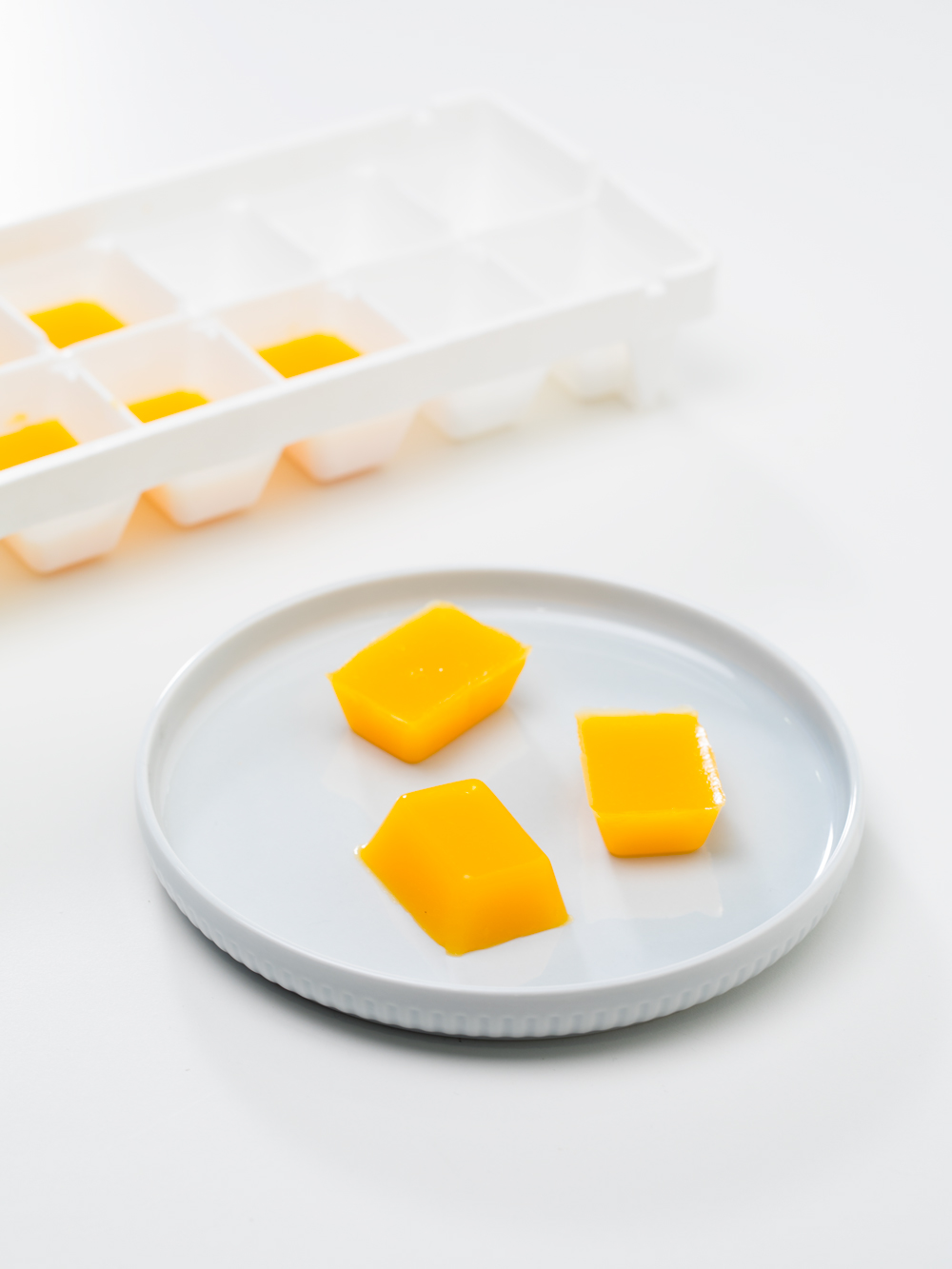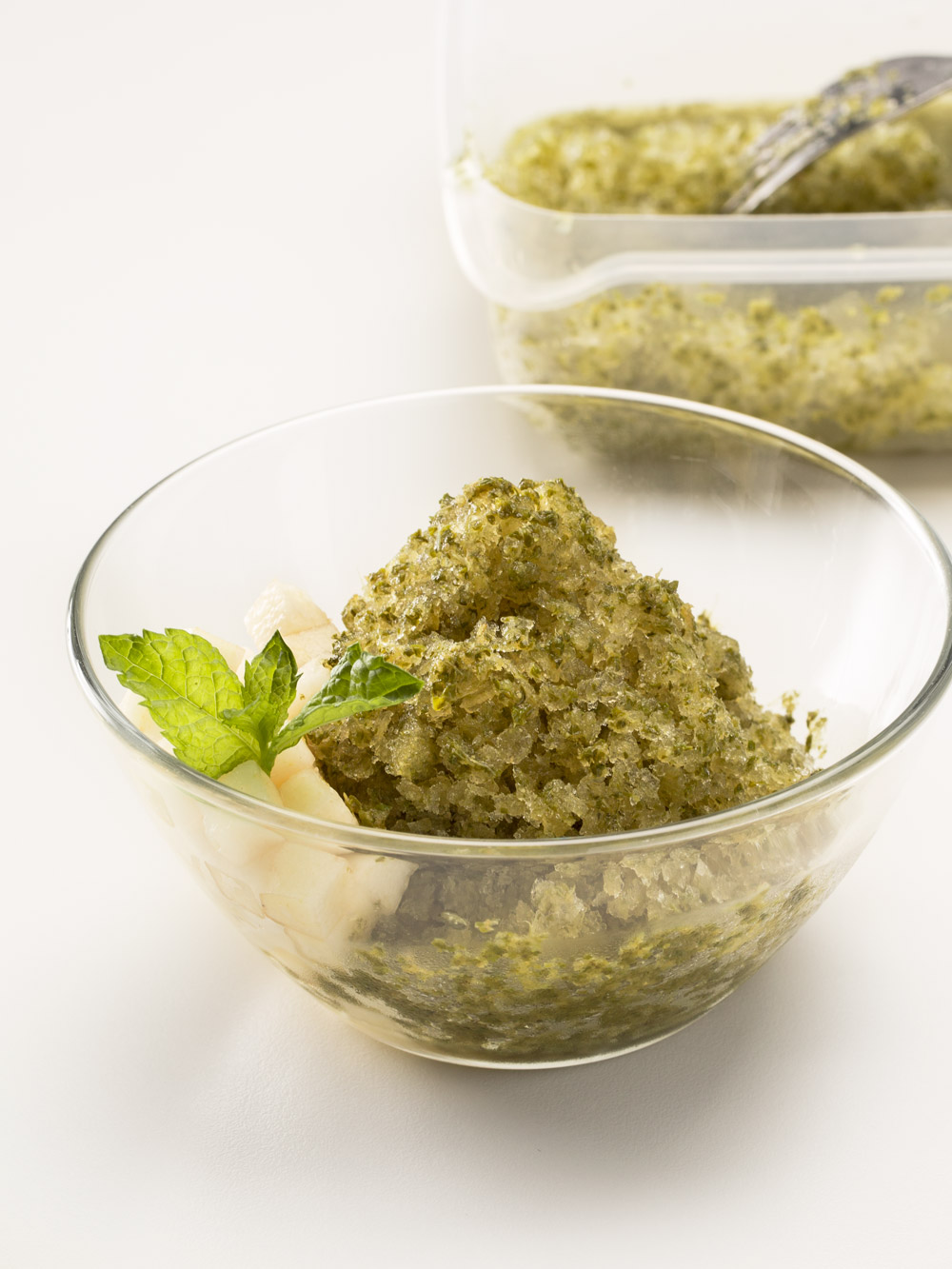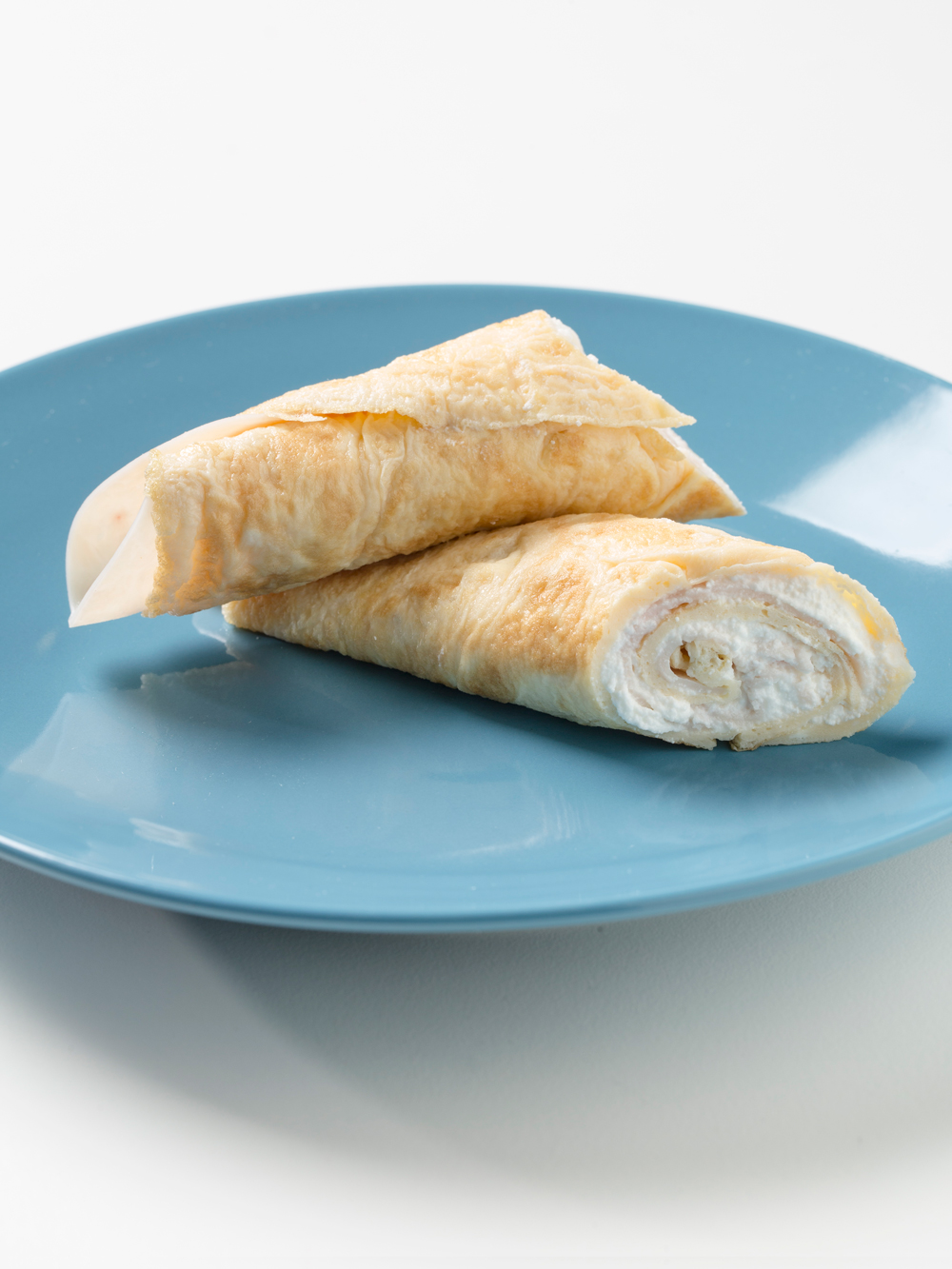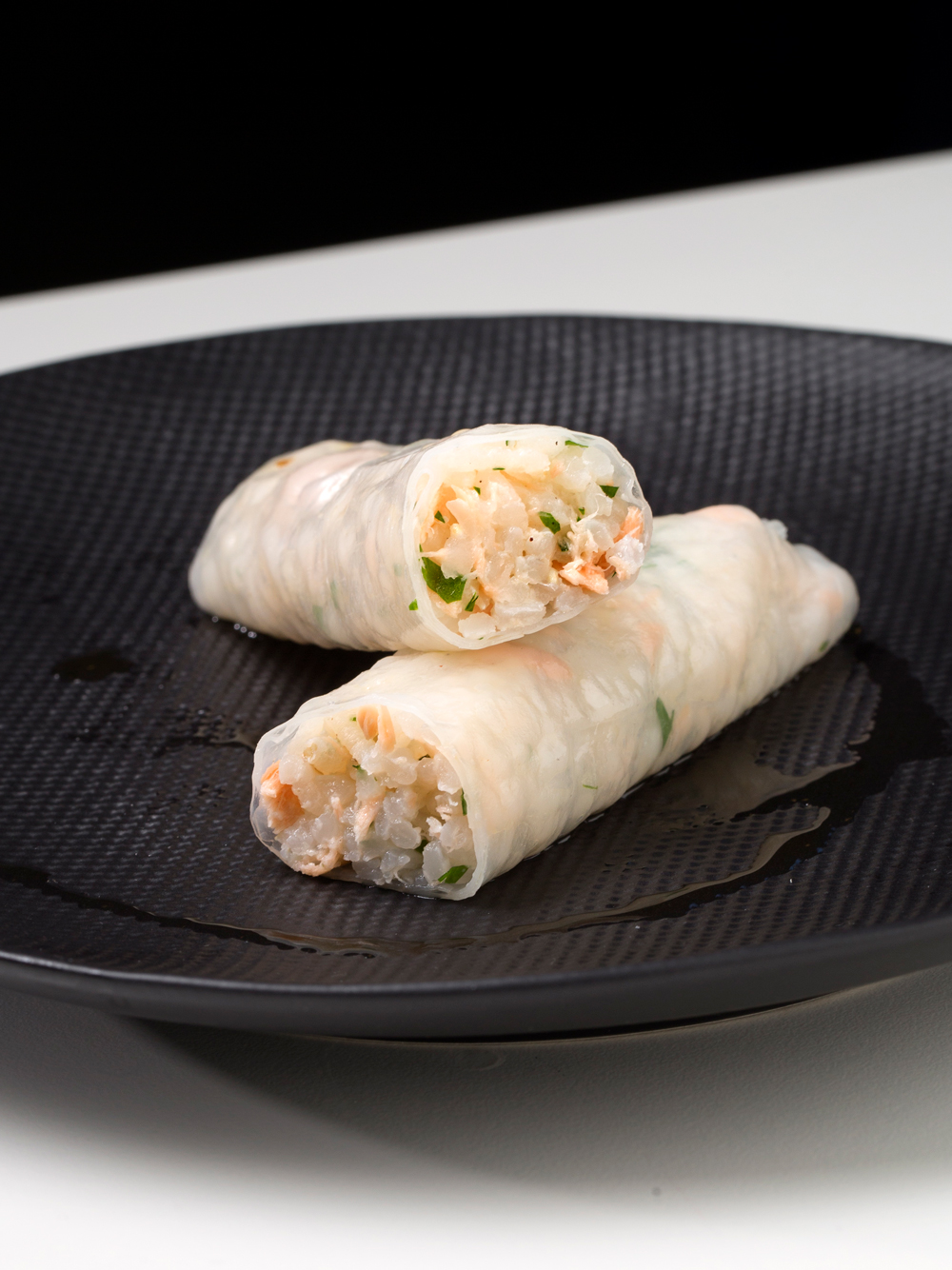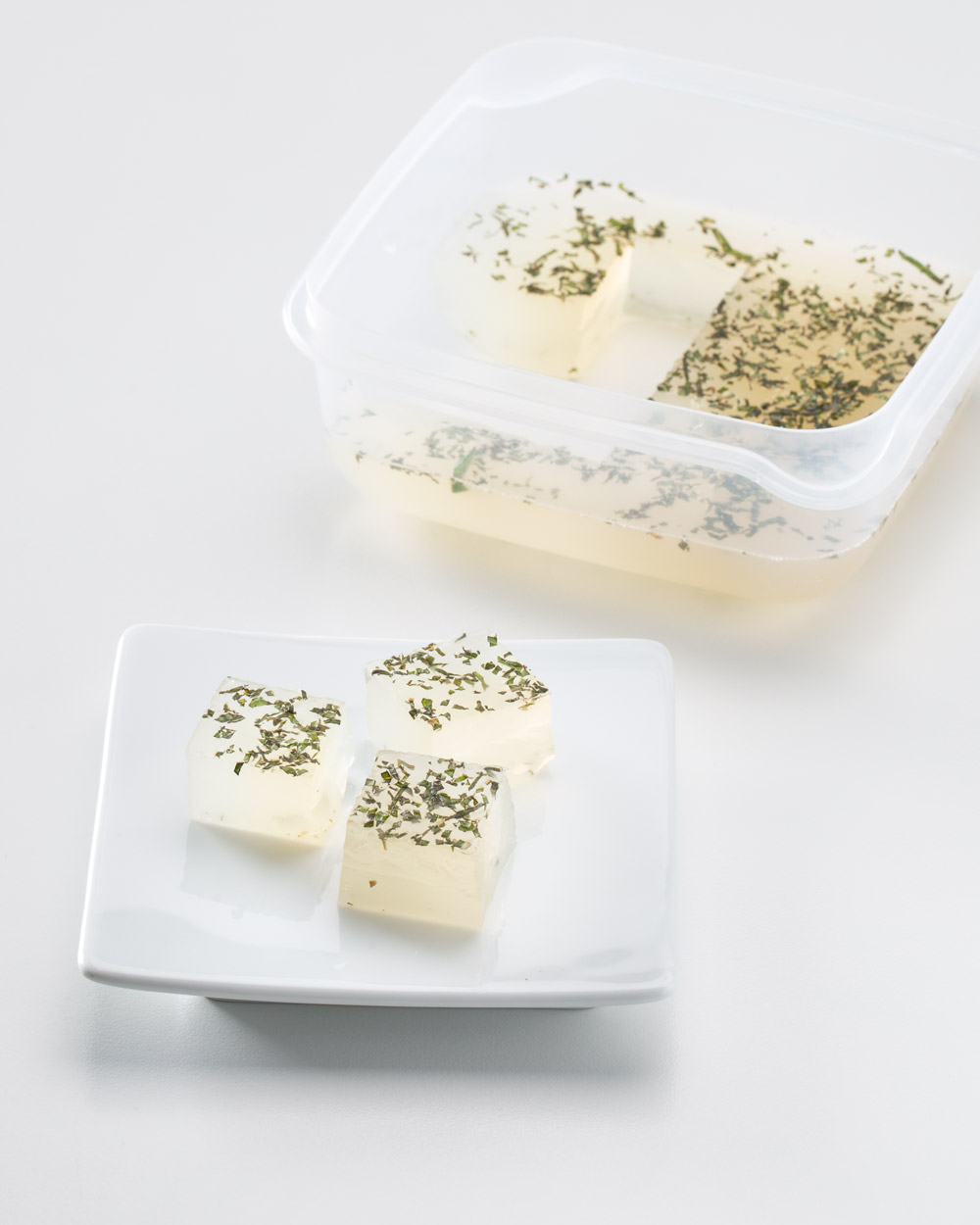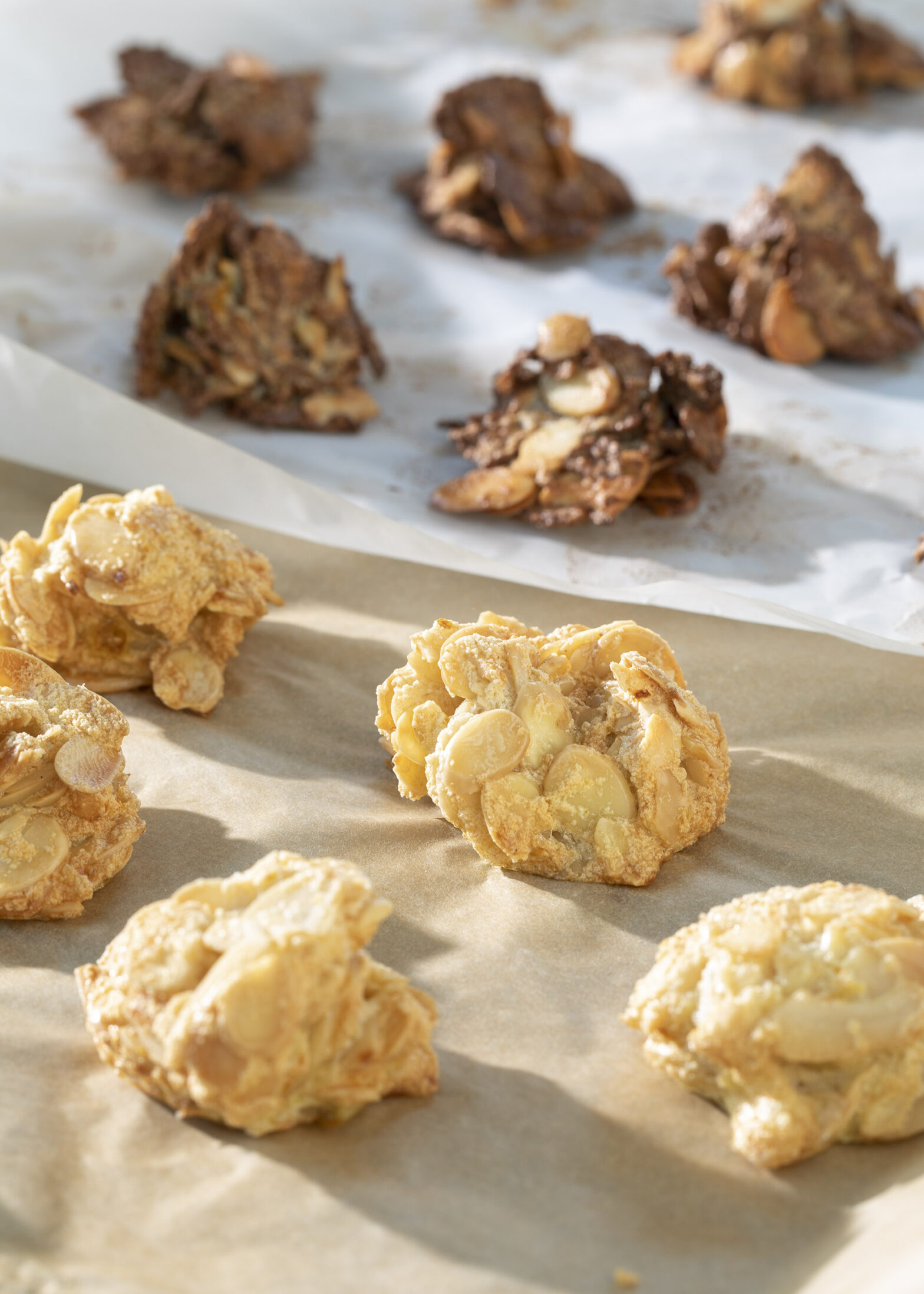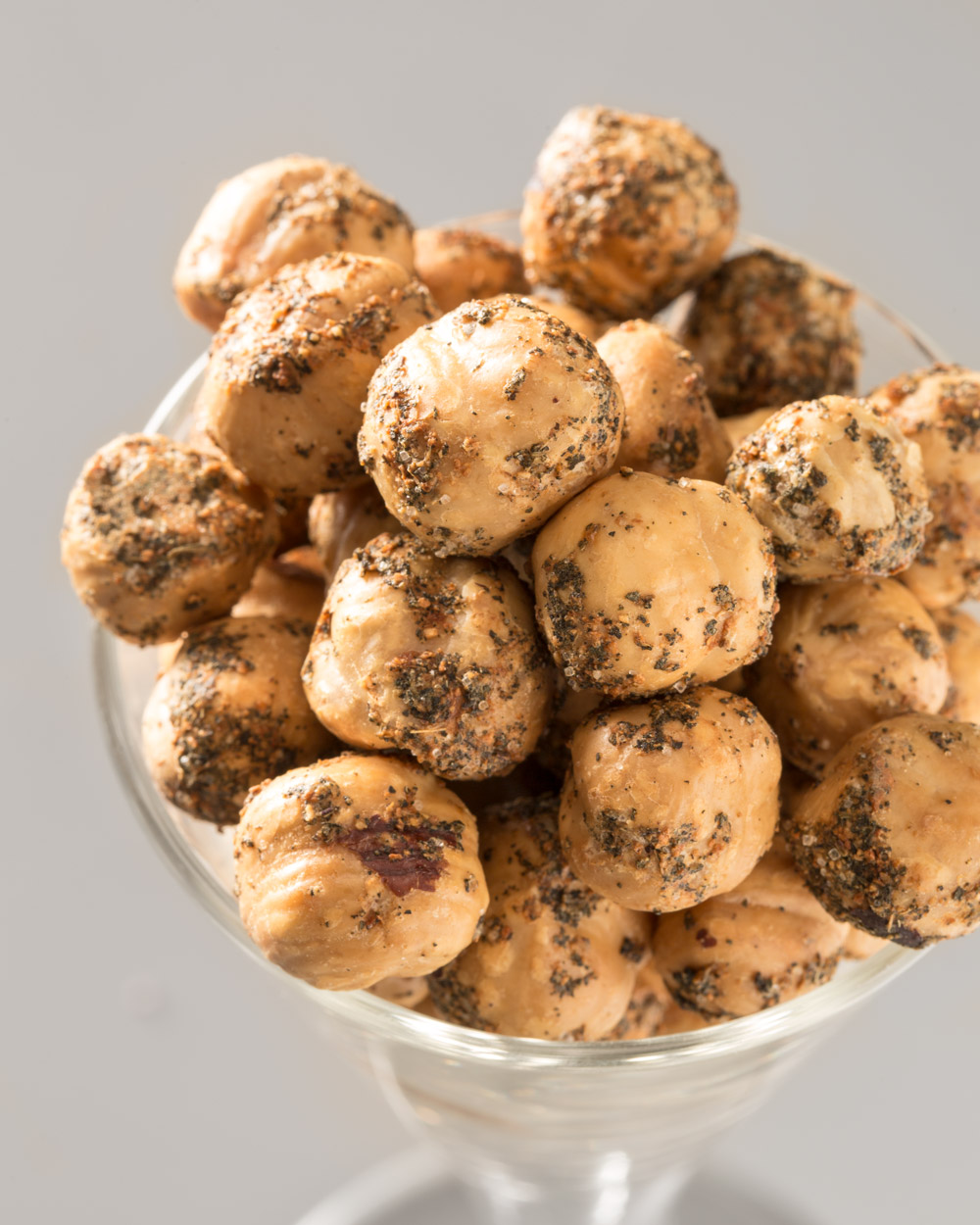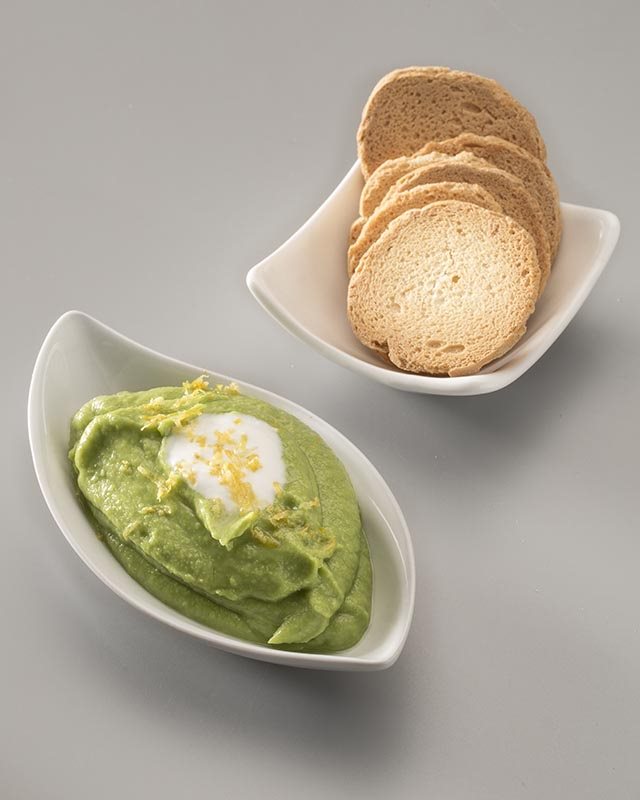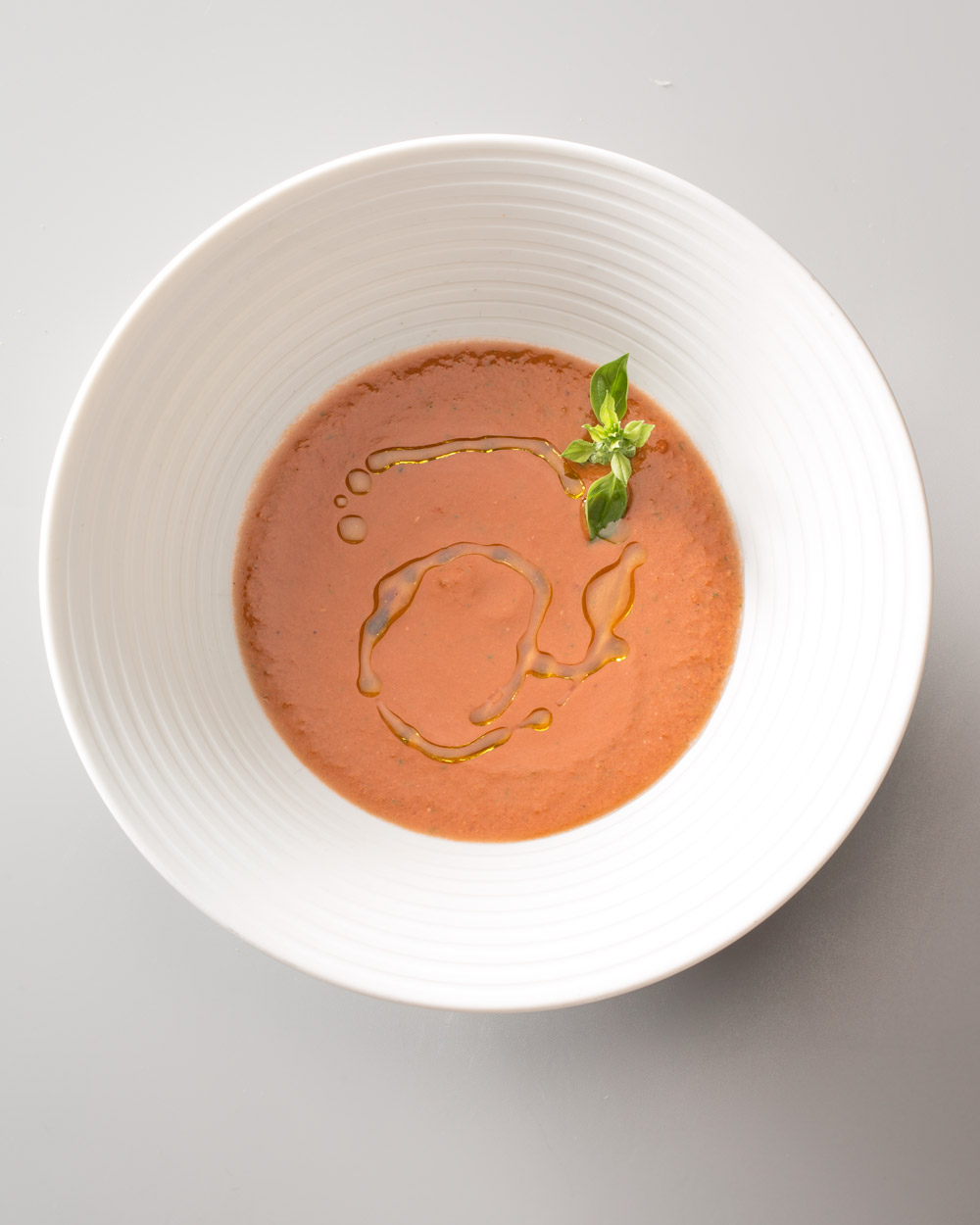Nausea and vomiting are one of the most common symptoms, especially as a side effect of chemotherapy. Nausea can cause unpleasant sensations in the stomach, make you feel like sick , in turn, lead to vomiting. Vomiting is caused by strong contractions of the stomach muscles, which cause the stomach contents to rise.
The intensity, frequency, and timing of the onset of nausea or vomiting is variable and individual and depend on many factors, such as prescribed drugs, dosage, and individual susceptibility.
WHAT DO WE RECOMMEND?
Breathe deeply and slowly and wait for the discomfort to subside before eating anything.
When eating, it may be useful to leave the window open to let fresh air in or to use a fan to reduce odours and promote a feeling of freshness.
After meals, sitting or lying down with the upper part of the body straight for up to an hour may help avoid nausea or vomiting.
- Especially on days when vomiting is frequent.
- In some cases, carbonated drinks can reduce the sensation of nausea (fizzy water, cola, or ginger ale…).
- Ice creams and jellies can also be a good option to help hydrate.
- It is preferable not to drink during meals, as this promotes a feeling of fullness or bloating.
- Choose white meats, lean cold meats and ham, or white fish.
- Avoid cooking foods that generate strong smells and odours, such as fried, sautéed, or grilled foods. Fried foods, apart from giving off a stronger odour that can be unpleasant, are also more difficult to digest and can cause more nausea.
- Use gentle cooking techniques for better digestion, such as steaming, boiling, or grilling at low temperatures.
- If odours are very bothersome, avoid cabbage or cauliflower, and cook in ways that generate fewer smells, such as cooking en papillote, microwaving, boiling, or marinating.
Avoid certain sauces, aromatic herbs, hot spices, etc., as they may promote nausea.
Ginger and mint can have a calming effect on nausea. Either fresh or powdered, both can be added to herbal teas, ice cubes, jellies, ice cream, popcorn or on top of foods such as bread, salads, pasta or in cooked dishes.
Normally, dry foods are better tolerated. For example, toast, crackers, breadsticks, rice and corn cakes, nuts, banana chips, dried coconut, etc.
If odours are very bothersome, avoid cabbage or cauliflower, and cook in ways that generate fewer smells, such as cooking en papillote, microwaving, boiling, or marinating.
- Try to maintain fluid intake by taking small sips of fresh water every ten to fifteen minutes.
- Try to introduce dry foods, as they are better tolerated (bread, toast, crackers, breadsticks, etc.).
- Try an easily digestible diet (preferably with cooked and soft foods) and always choose techniques such as steaming or boiling to cook food.
- If you have been vomiting for two days in a row, contact your doctor.
